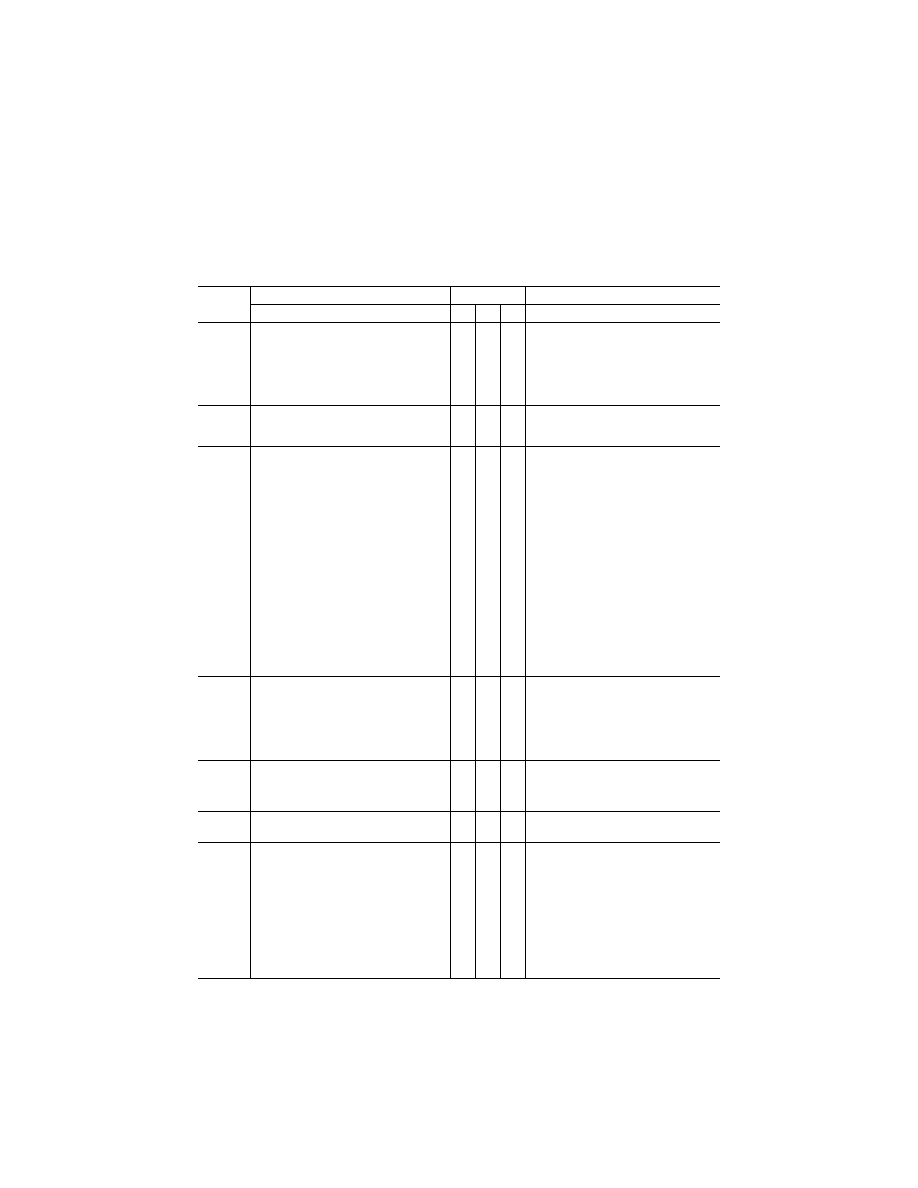
330
14 CFR Ch. I (1–1–19 Edition)
Pt. 60, App. C
T
ABLE
C1A—M
INIMUM
S
IMULATOR
R
EQUIREMENTS
—Continued
Entry No.
QPS requirements
Simulator levels
Information
General simulator requirements
B
C
D
Notes
5.c. ...........
The simulator must have a motion (force cue-
ing) system that produces cues at least
equivalent to those of a six-degrees-of-free-
dom, synergistic platform motion system
(i.e., pitch, roll, yaw, heave, sway, and
surge).
An SOC is required.
X X
5.d. ...........
The simulator must provide for the recording
of the motion system response time.
An SOC is required.
X X X
5.e. ...........
The simulator must provide motion effects pro-
gramming to include the following:.
(1) Runway rumble, oleo deflections, effects of
ground speed, uneven runway, characteris-
tics.
X X X
(2) Buffets due to transverse flow effects.
(3) Buffet during extension and retraction of
landing gear.
(4) Buffet due to retreating blade stall.
(5) Buffet due to vortex ring (settling with
power).
(6) Representative cues resulting from touch-
down.
(7) High speed rotor vibrations.
(8) Tire failure dynamics ...................................
X
X
(9) Engine malfunction and engine damage
(10) Airframe ground strike
(11) Motion vibrations that result from atmos-
pheric disturbances.
X For air turbulence, general purpose disturb-
ance models are acceptable if, when used,
they produce test results that approximate
demonstrable flight test data.
5.f. ............
The simulator must provide characteristic mo-
tion vibrations that result from operation of
the helicopter (for example, retreating blade
stall, extended landing gear, settling with
power) in so far as vibration marks an event
or helicopter state, which can be sensed in
the flight deck.
X
The simulator should be programmed and in-
strumented in such a manner that the char-
acteristic buffet modes can be measured
and compared to helicopter data.
6.
..............
Visual System
..................................................
Additional horizontal field-of-view capability
may be added at the sponsor’s discretion
provided the minimum field-of-view is re-
tained.
6.a. ...........
The simulator must have a visual system pro-
viding an out-of-the-flight deck view.
X X X
6.b. ...........
The simulator must provide a continuous field-
of-view of at least 75
°
horizontally and 30
°
vertically per pilot seat. Both pilot seat visual
systems must be operable simultaneously.
The minimum horizontal field-of-view cov-
erage must be plus and minus one-half (
1
⁄
2
)
of the minimum continuous field-of-view re-
quirement, centered on the zero degree azi-
muth line relative to the aircraft fuselage. An
SOC must explain the geometry of the in-
stallation.
An SOC is required.
X
VerDate Sep<11>2014
16:30 Jun 25, 2019
Jkt 247047
PO 00000
Frm 00340
Fmt 8010
Sfmt 8002
Q:\14\14V2.TXT
PC31
kpayne on VMOFRWIN702 with $$_JOB